Letter from the Executive Board
Dear readers,
In the course of its seven decades of existence, KfW has helped overcome crises time and again. The coronavirus year 2020 will go down in KfW’s history as a time of unprecedented challenges for our financial, human and technical resources. This extraordinary year has also demonstrated what special value a promotional system that has been developed over many decades has for our society in times of crisis. Alongside our fight against the impacts of the pandemic, we have not wavered in our commitment to sustainable development, digitalisation and innovation.
Dr Günther Bräunig
Commitments in 2020
In the year 2020, the total volume of business grew to a record high EUR 135.3 billion. KfW committed around one million loans, grants and other financings in the amount of EUR 106.4 billion in Germany alone. The SME Bank & Private Clients business sector contributed the most to this growth. Driven by KfW’s coronavirus aid, its commitment volume rose nearly two and a half-fold to EUR 86.3 billion. The promotional programmes in the area of energy-efficient construction and refurbishment in the housing segment also made a strong contribution, with commitments climbing 140% to EUR 26.8 billion. A major success was the grant scheme launched in late November to promote the installation of charging infrastructure for electric cars on private premises. For this, KfW approved around 137,000 grant applications by the end of the year.
At EUR 16.6 billion, the commitment volume in the Export and project finance business sector was significantly less than in the record year 2019 because of the global coronavirus crisis but remained within the range of the previous years. Commitments in the KfW Capital business sector amounted to a total of EUR 871 million in 2020, including commitments made under the German Federal Government’s coronavirus package of measures for start-ups. In spite of the pandemic, commitments under the ‘ERP Venture Capital Fund Investments’ programme were increased as planned by around 19% to EUR 184 million. The business sector Promotion of developing countries and emerging economies increased its business volume by 16% to EUR 12.4 billion. Some EUR 11 billion of this amount was accounted for by KfW Development Bank and EUR 1.4 billion by DEG.
Dr Ingrid Hengster
Our result in 2020
The global coronavirus pandemic has had a substantial impact on KfW’s income, financial position and assets. With a consolidated profit of EUR 0.5 billion, the earnings position therefore was much lower than in the previous year (EUR 1.4 billion). By contrast, the operating result before valuation (before promotional expense) was EUR 1.9 billion as a result of higher net interest and commission income and nearly unchanged administrative expenses, exceeding both the previous year’s level (2019: EUR 1.7 billion) and expectations.
The valuation effects of the coronavirus pandemic weighed on the valuation result, reducing consolidated profit by EUR 1.2 billion (2019: EUR -0.2 billion). This was caused by net charges from risk provisions for lending business in the sum of EUR 777 million and a negative contribution of the equity investment portfolio in the amount of EUR 281 million.
IFRS effects from hedging in the amount of EUR 109 million weighed additionally on the valuation result.
Consolidated total assets rose by EUR 40.4 billion to EUR 546.4 billion in financial year 2020. This is mainly the result of increased net loan receivables under the KfW Special Programme 2020.
Bernd Loewen
KfW coronavirus aid
When the severe economic impact of the coronavirus pandemic became foreseeable at the end of the first quarter of 2020, we succeeded within a very short time in setting up an effective support programme. There were only a few days between the announcement of KfW’s coronavirus aid and the start of applications. This would not have been possible without the very efficient collaboration between the Federal Government, KfW and the financing partners. Another decisive factor was the performance capability of our IT systems, which were indispensable for the automated processing of a large number of loan applications. This shows that the modernisation of our IT infrastructure has borne fruit. By the end of the year, KfW committed more than 100,000 loans in a volume of around EUR 46 billion. Small and medium-sized businesses were the recipients of 97% of all commitments. KfW’s coronavirus aid has thus effectively strengthened the backbone of the German economy.
Dr Stefan Peiß
Agenda DNA
KfW put digitalisation, sustainability and Africa at the centre of its actions already in 2018. The bank devoted itself to these topics in the coronavirus year 2020 as well. It continued and expanded the initiatives previously launched to promote digital projects. We must now take advantage of the imminent recovery and prepare our economy for the challenges of digitalisation and climate change.
KfW has declared the promotion of sustainability as one of the cornerstones of its business strategy. It is closely interwoven with the mandate we received from the Federal Government to accompany Germany as a transformative promotional bank in the country’s transition to a climate-neutral economy. We systematically followed this mandate in the year 2020 as well. Our long-term goal is to completely decarbonise our financing portfolio by the year 2050.
Many African countries have made significant development progress in the past years. But the coronavirus crisis is threatening to reverse much of that progress. KfW therefore supports African partner countries in mitigating the impact of the crisis on behalf of the German Federal Government. To this end, KfW launched a EUR 4 billion coronavirus emergency programme for Africa within a matter of months and expanded new instruments for promoting economic development that are specifically tailored to Africa.
Melanie Kehr
Outlook
After the coronavirus year 2020, we are now in coronavirus year 2021. To be sure, the hope of overcoming the current crisis is growing day by day, but it will continue to keep us busy in both new and portfolio business. The challenges of digitalisation and transitioning to a sustainable, climate-neutral economy require huge investment, but parts of the business landscape have been severely weakened. KfW will do all it can to support the recovery and upswing.
A functioning start-up culture is of particular importance for the economic recovery. The Federal Government has mandated KfW Capital to structure and implement the ten-billion-euro Future Fund. We expect this fund to generate critical momentum for the development of innovative and groundbreaking solutions in the years ahead, not least in the strategic areas of digitalisation and sustainability.
The year 2020 was one of unexpected and unprecedented challenges for KfW. The highly motivated and hard-working men and women on our staff were the crucial factor that enabled us to master them. We take this opportunity to thank them very sincerely for their extraordinary and outstanding work in the past year, and we are counting on them again in 2021.
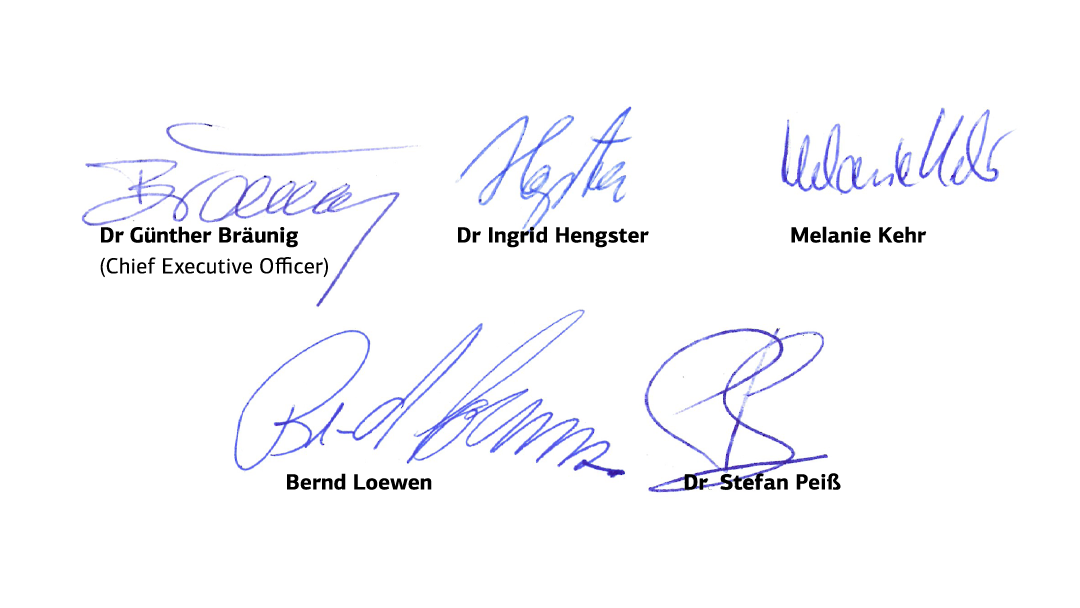
Legal notice:
The information contained in this online Annual Report 2020 is based on KfW’s Financial Report 2020, which you can download here. Should this online Annual Report 2020, despite the great care taken in preparation of its content, contain any contradictions or errors compared to the Financial Report, the KfW Financial Report 2020 takes priority.

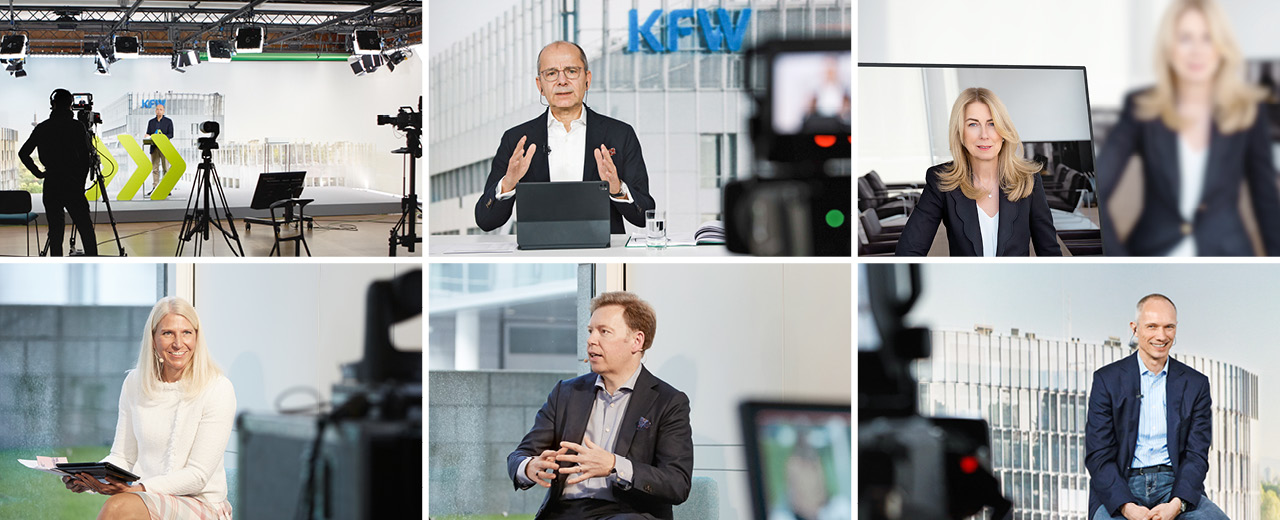
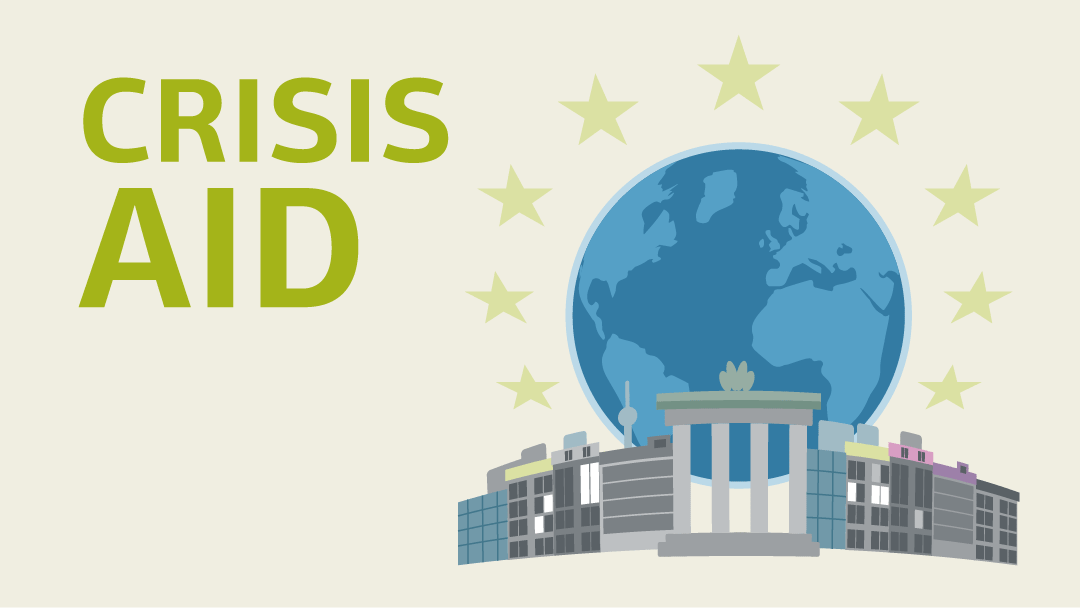
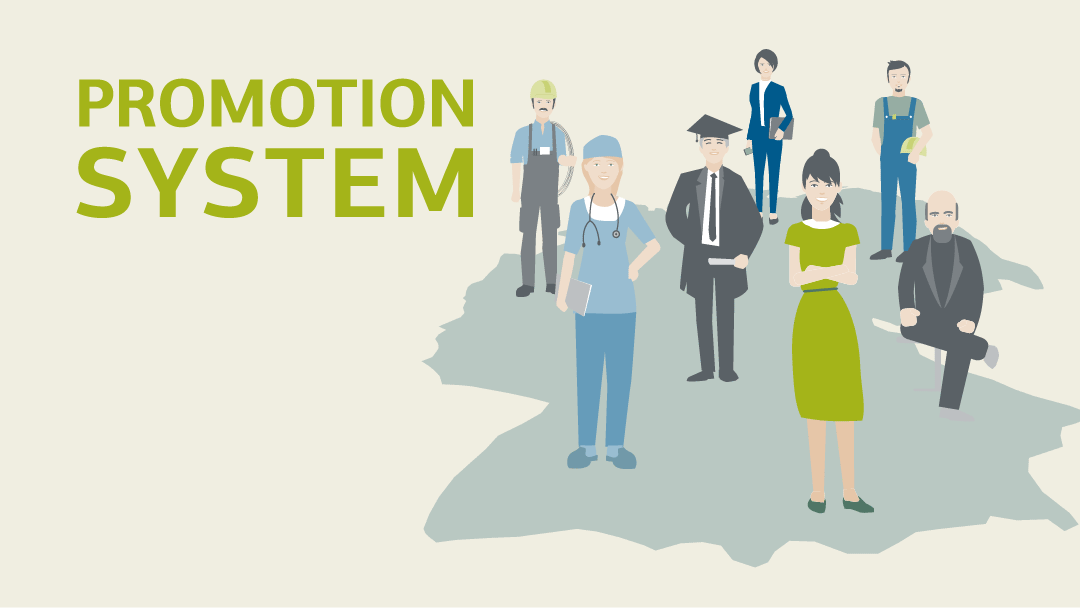
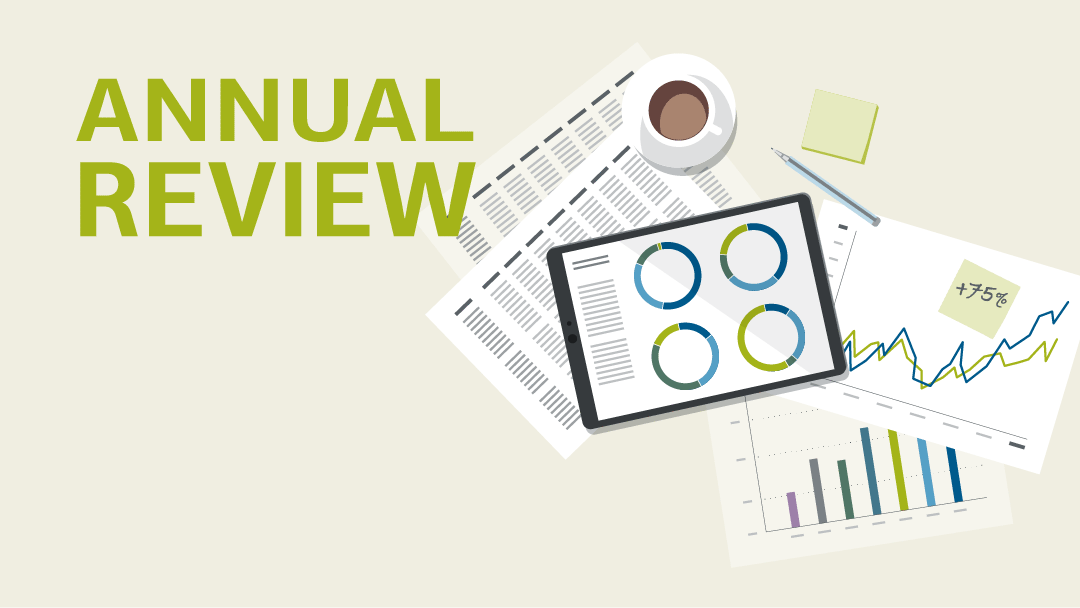
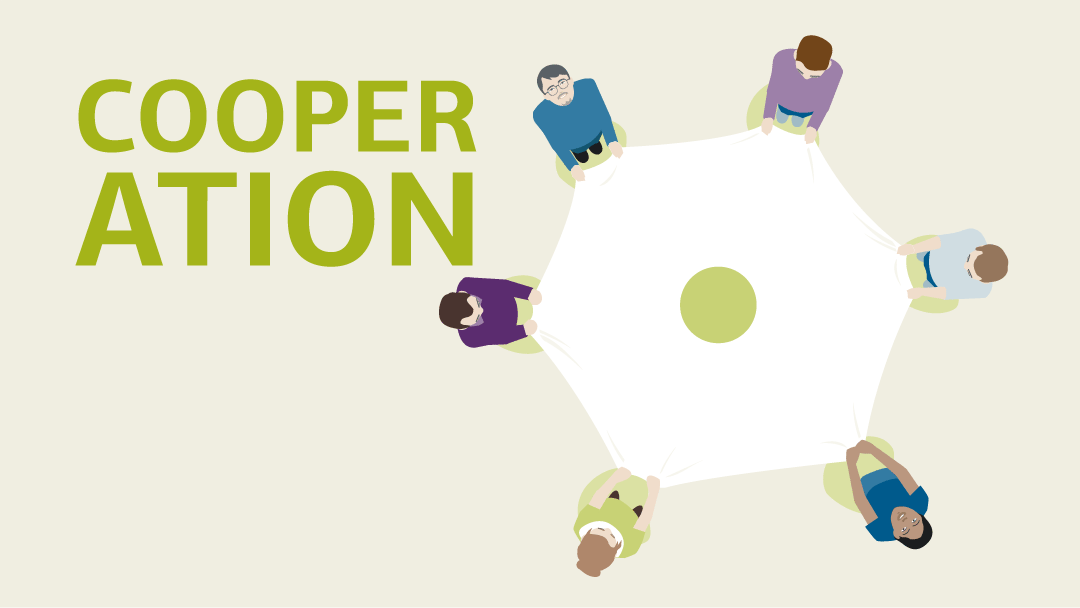
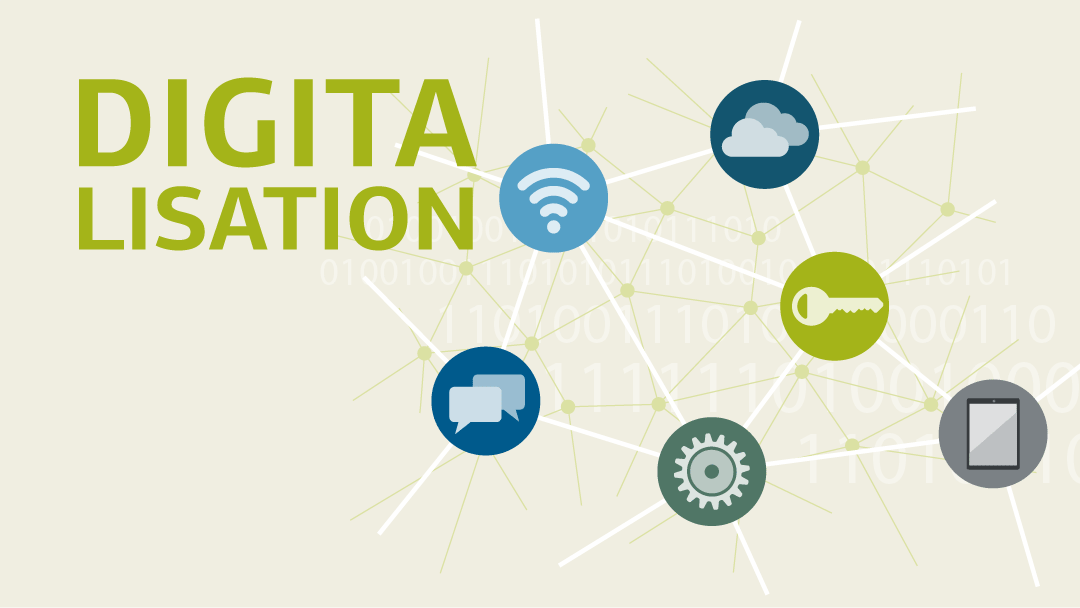





Share page
To share the content of this page with your network, click on one of the icons below.
Note on data protection: When you share content, your personal data is transferred to the selected network.
Data protection
Alternatively, you can also copy the short link: https://www.kfw.de/s/enkBdJnb
Copy link Link copied